By our Political Editor
This past week was one of the significant developments and challenging questions for Sri Lanka. On the one hand, President Anura Kumara Dissanayake welcomed Indian Prime Minister Narendra Modi for a three-day official visit, which was widely seen as a significant diplomatic success for the country. On the other hand, Sri Lanka is facing an unfolding economic crisis caused by the global tariff war led by U.S. President Donald Trump, which has begun to shake the confidence of industries, business leaders, and ordinary citizens.
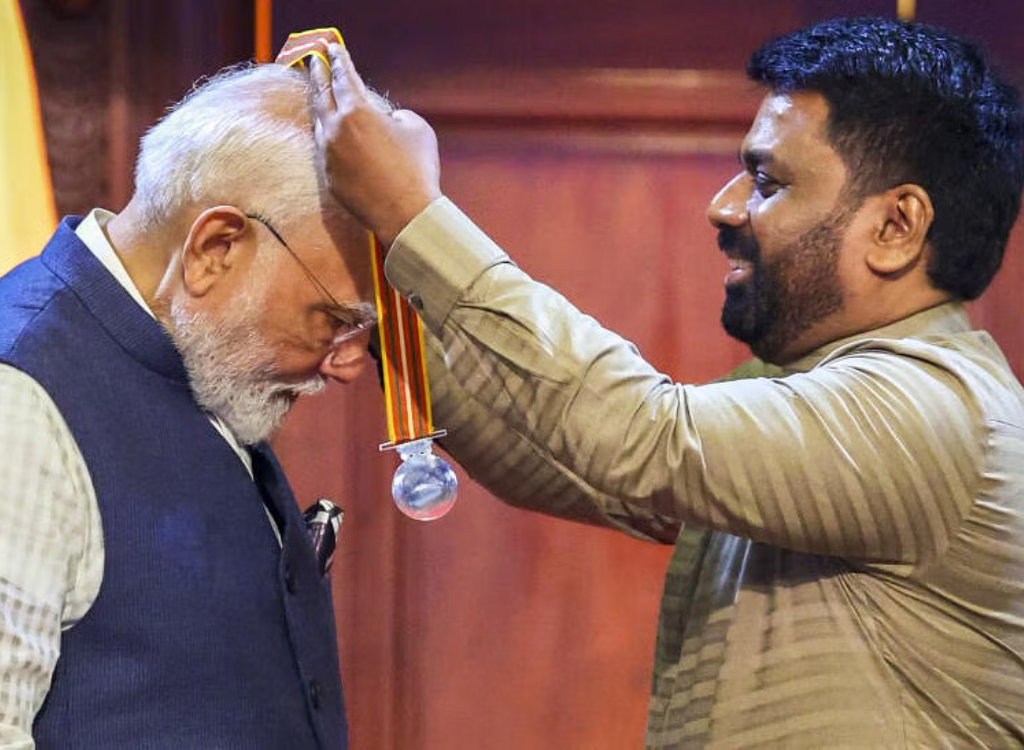
The Modi visit was carried out with grandeur and careful planning. When he arrived, the Indian Prime Minister received a red carpet welcome. The two leaders appeared together at key events, joint briefings, and religious and cultural engagements, with their images dominating both local and international media. For President Dissanayake, the visit represented more than just good optics, it was a moment that affirmed his leadership on the international stage.
As expressed during the visit, India’s commitment to strengthening economic and regional cooperation with Sri Lanka is timely and strategic. It sends a clear message that Sri Lanka is not isolated and that its most significant regional partner is ready to engage. This kind of partnership is vital in the face of growing economic uncertainty.
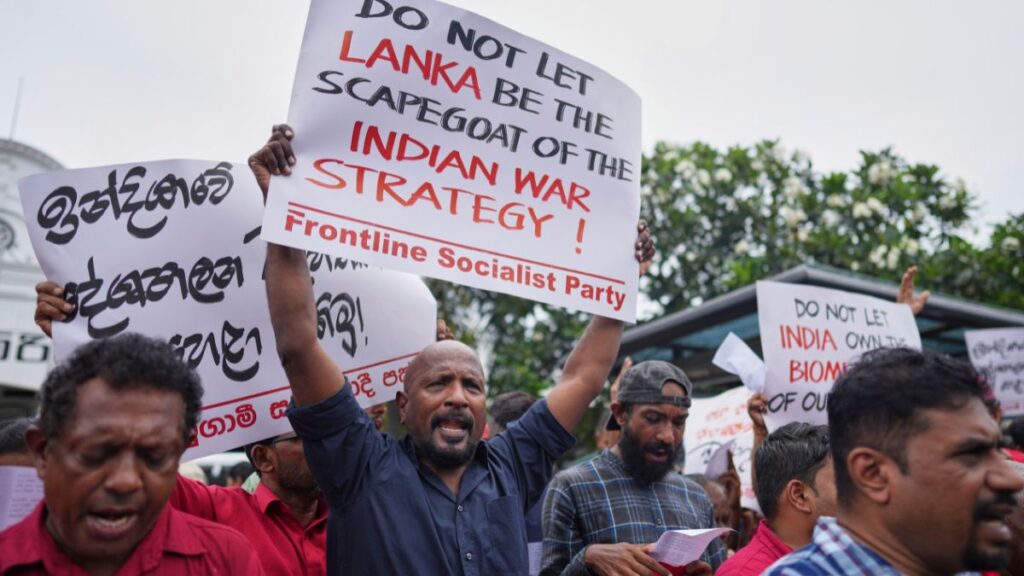
But while the government celebrated the diplomatic win, political critics quickly questioned the sincerity and credibility of the ruling party’s foreign policy direction. In particular, former Janatha Vimukthi Peramuna (JVP) senior members such as Wimal Weerawansa and Kumar Gunaratnam raised conspiracy theories and suspicions about the true intentions behind Modi’s visit.
Opposition leaders across the political spectrum echoed this criticism. Former President Ranil Wickremesinghe, Opposition Leader Sajith Premadasa, and other senior opposition figures publicly welcomed the Modi visit and reaffirmed their long-standing belief in the value of Indo–Sri Lanka strategic relations.
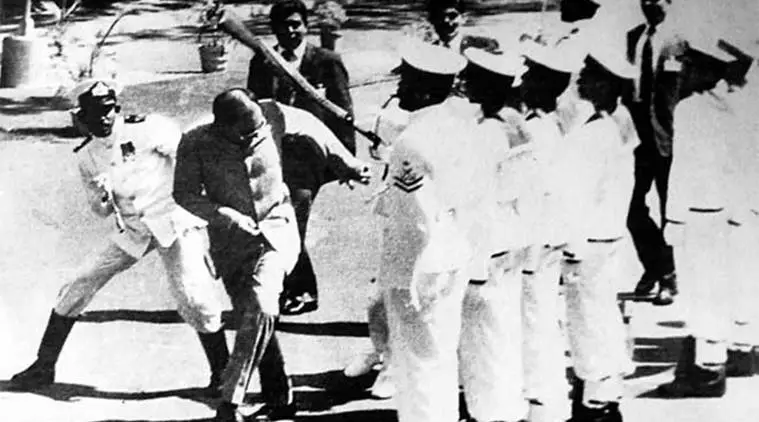
However, the opposition parties did not hold back when pointing out the contradiction in the JVP’s ideological history. The same JVP, now leading the government, had launched an armed rebellion in 1988–89 to react to the Indo-Lanka Peace Accord signed in July 1987 by President J.R. Jayewardene and Indian Prime Minister Rajiv Gandhi. The opposition argued that the JVP’s current warm embrace of Indian diplomacy stood in direct contrast to the party’s historic resistance and that the public deserved an explanation.
This put the JVP on the defensive. The government’s response was primarily left in the hands of Tilvin Silva, the JVP’s general secretary, who attempted to explain the shift in policy. However, the public defence was weak and did not resonate. Ex-JVPers Kumar Gunaratnam, Pubudu Jagoda, and Duminda Nagamuwa delivered strong speeches targeting the JVP’s internal base, questioning whether the party had strayed too far from its original principles. It’s a sell-out, they cried.
As these political narratives clashed, another issue took over public attention: the new round of global trade tariffs announced by U.S. President Donald Trump on 02 April 2025. The tariff war has already begun to affect Sri Lanka’s economy, mainly because the US receives approximately 25% of the country’s USD 13 Billion in exports.
Sri Lankan exporters now face grave uncertainty in everything from garments to rubber to industrial goods. Orders could drop, factories shut down, and the impact on employment, banking, and business confidence could be challenging and lasting.
The government was slow to react, caught off guard as public fear grew quickly. While Prime Minister Modi’s visit was being celebrated, local industries were beginning to panic. Bankers, exporters, and business leaders started sounding the alarm, and the issue became the top story across television, newspapers, and social media.
President Dissanayake moved to take control of the situation. He announced that the government would seek talks with the United States to understand the full impact of the tariff changes and explore whether terms could be revised or renegotiated.
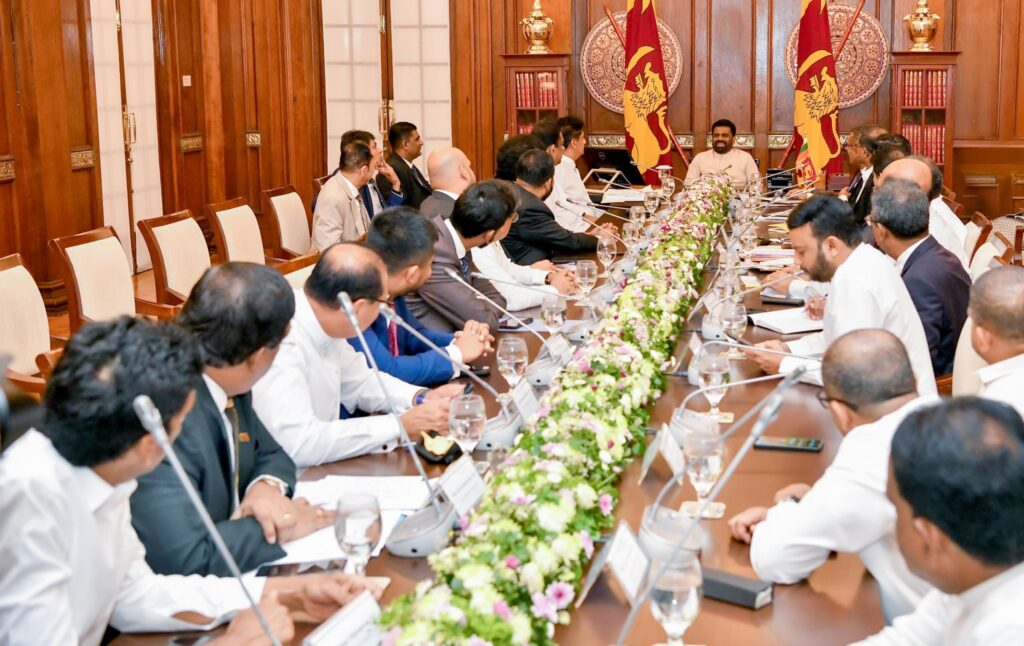
In a show of leadership, President Dissanayake called an all-party leaders’ meeting on 10 April 2025. His message was clear: the tariff war is not a party issue but a national crisis. He urged political leaders from all sides to put aside their differences, at least temporarily, to form a united front to defend the Sri Lankan economy.
This attempt at unity, however, is happening in the middle of a high-stakes political battle. The local government elections, scheduled for 06 May 2025, are fast approaching. While leaders discuss national cooperation, the campaign trail tells a different story. The government and the opposition are back to full attack mode, each trying to secure power at the grassroots level.
This makes the government’s task more difficult. On the one hand, they need political rivals to cooperate on an economic strategy. On the other, they are locked in fierce competition for control of local councils, where every seat matters. Balancing both unity and rivalry is becoming a nearly impossible task.
At the heart of it all is President Dissanayake. While he has shown a willingness to lead in diplomacy with India and in facing the tariff war, he also bears much of the responsibility alone. Most of his cabinet ministers and party spokespeople have been largely ineffective, unsure how to defend the party’s changing positions or manage the fear caused by global events. The President is addressing public rallies to secure a mandate for the local government elections with the understanding the government’s popularity solely depends on his credibility and public acceptance.
This week revealed the two faces of Sri Lankan politics today: one that engages confidently with international allies and another that is deeply vulnerable to economic shocks. It also exposed the limits of political memory and the risk of historical contradictions.
As the election nears, the public is watching closely. Voters are no longer satisfied with slogans or stagecraft. They want action, results, and honesty. The Modi visit was a success, but the Trump tariffs are a real threat, and Sri Lanka’s leadership must now prove it can handle diplomacy and crisis management at once.
In the coming weeks, the question will be: Can the government turn its strong images into strong policies to achieve tangible results? If not, the political and economic consequences could be significant.

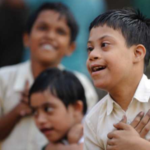
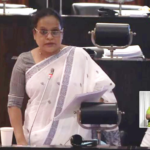
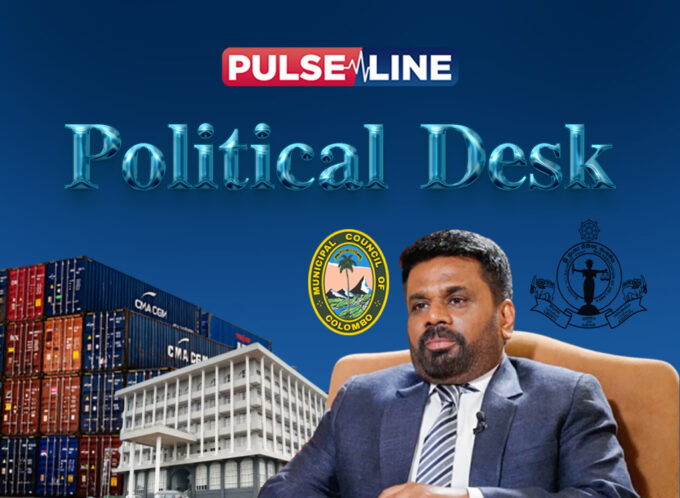
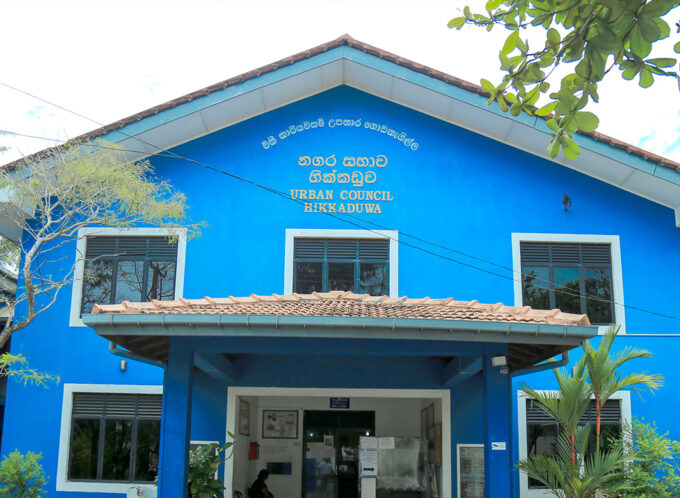
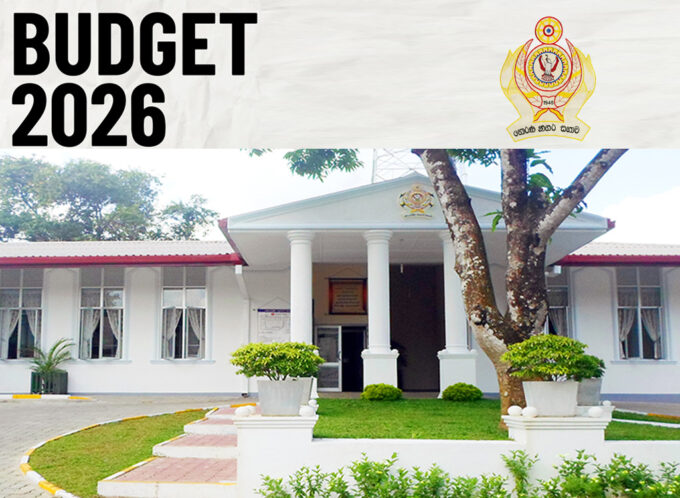
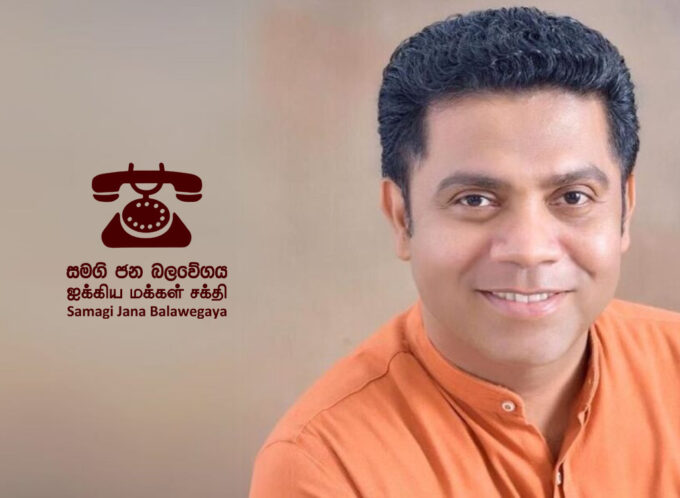

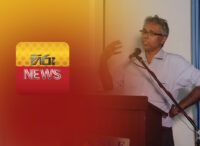
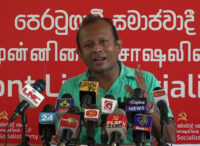
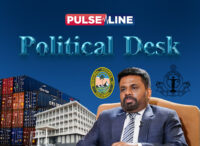
Leave a comment